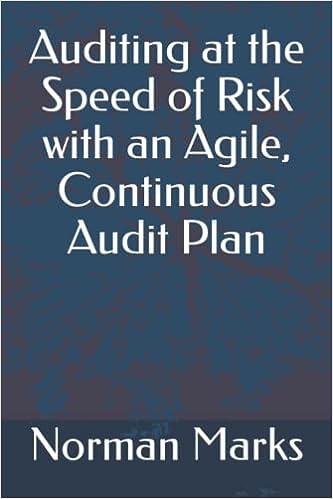Case Switzerland:
How does the average Waste Management annual salary compare with that of Switzerland as a whole country (see attached images)?
A) Waste Management between CHF 11,000 and CHF 13,000 less than average
B) Waste Management between CHF 9,000 and CHF 11,000 less than average
C) Waste Management between CHF 7,000 and CHF 9,000 less than average
D) Waste Management between CHF 5,000 and CHF 7,000 less than average
E) Waste Management between CHF 3,000 and CHF 5,000 less than average



The rise of automation has been hailed as the solution to all of society's ills by the tech elite. By removing the 'human element' from the job, the thinking goes, we can produce more, faster, better and cheaper. The problem with this is that the 'human element' here is, well, human. By removing people from these roles, we are looking at creating de-employment on a massive scale. There is little we can do to stop the advance of this technology and it is all coming at too quick a pace for regulators to account for. We already see evidence of a lack of opportunity to work in our society. People working in Switzerland are now working for an average of 20.3 hours a week when holidays are taken into account. Switzerland's average weekly earning is CHF 1,615. Switzerland currently has an unemployment rate of 3.3% with 264,000 people currently unemployed. Tech analysts are predicting that we will lose 50% of current jobs in the next 7 or 8 years. Population increases year on year of 0.8% will further compound this issue. All of this leads one to ask, what will people do for work in an automated future? So, what will a post-automation society look like? By separating capital generation completely from labour, we are set to embark on an age of mass unemployment, the likes of which we have never seen. Mass unemployment is likely to create large proportions of our society without a productive outlet or sense of identity, as well as widening the gap between rich and poor. This future could be a very bleak one indeed. Likelihood of industries becoming automated in the future Proportion of jobs and their risk of automation. Note: the graph shows a linear decrease in the proportion of jobs at risk of full automation. The rise of automation has been hailed as the solution to all of society's ills by the tech elite. By removing the 'human element' from the job, the thinking goes, we can produce more, faster, better and cheaper. The problem with this is that the 'human element' here is, well, human. By removing people from these roles, we are looking at creating de-employment on a massive scale. There is little we can do to stop the advance of this technology and it is all coming at too quick a pace for regulators to account for. We already see evidence of a lack of opportunity to work in our society. People working in Switzerland are now working for an average of 20.3 hours a week when holidays are taken into account. Switzerland's average weekly earning is CHF 1,615. Switzerland currently has an unemployment rate of 3.3% with 264,000 people currently unemployed. Tech analysts are predicting that we will lose 50% of current jobs in the next 7 or 8 years. Population increases year on year of 0.8% will further compound this issue. All of this leads one to ask, what will people do for work in an automated future? So, what will a post-automation society look like? By separating capital generation completely from labour, we are set to embark on an age of mass unemployment, the likes of which we have never seen. Mass unemployment is likely to create large proportions of our society without a productive outlet or sense of identity, as well as widening the gap between rich and poor. This future could be a very bleak one indeed. Likelihood of industries becoming automated in the future Proportion of jobs and their risk of automation. Note: the graph shows a linear decrease in the proportion of jobs at risk of full automation









